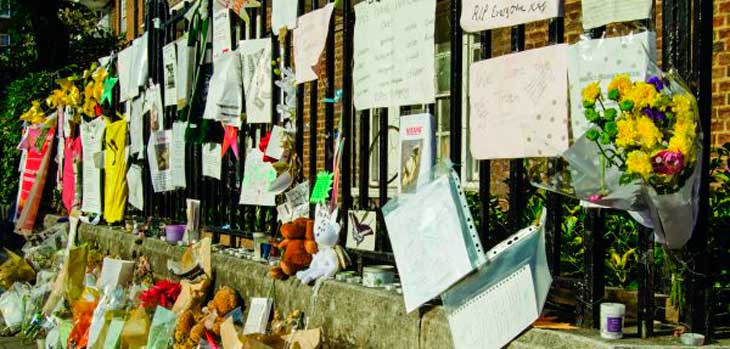
The Grenfell Tower fire of 14-15 June 2017, due to the inflammable cladding, led to the death of 72 people.
The tragedy had consequences for many leaseholders in the private sector throughout the country. They have had to pay for a waking fire watch, new fire alarms, new water sprinkler systems, new fire doors, and huge service charges for the removal and replacement of cladding. They have fallen into negative equity, unable to mortgage or remortgage their property, unable to sell or let for rent, and unable to insure, except at astronomic premiums. They suffer stress and anguish, financial hardship and even ruin, homelessness, calamity. Potential mortgagees require a fire risk certificate, and because of the shortage of qualified and indemnified engineers there is considerable delay and difficulty in obtaining the certificate. In addition to the law, issues of morality and ethics and social justice are involved.
Liability
Government









